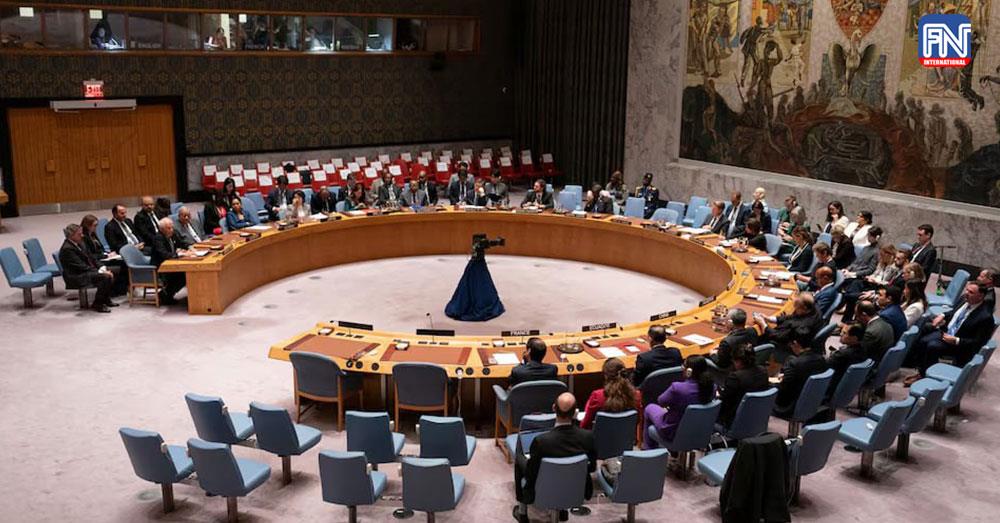UNITED NATIONS, Sep. 25 (Reuters) - The United States, France and several allies called for an immediate 21-day ceasefire across the Israel-Lebanon border while also expressing support for a ceasefire in Gaza following intense discussions at the United Nations on Wednesday.
The ceasefire would apply to the Israel-Lebanon "Blue Line," the demarcation line between Lebanon and Israel, and would allow the parties to negotiate towards a potential diplomatic resolution of the conflict, a senior Biden administration official said.
"We call on all parties, including the governments of Israel and Lebanon, to endorse the temporary ceasefire immediately," according to a joint statement of the countries released by the White House.
The allies that signed the joint statement included Australia, United Arab Emirates, Saudi Arabia and the European Union.
Israel widened its airstrikes in Lebanon on Wednesday and at least 72 people were killed, according to a Reuters compilation of Lebanese health ministry statements. The ministry earlier said at least 223 were wounded.
Israel's military chief said a ground assault was possible, raising fears the conflict could spark a wider Middle East war.
Over the last several months, Washington has been engaging with officials in Israel and Lebanon to reduce hostilities, the senior White House official said.
"We have had those discussions for quite some time," the official said, adding Washington and its allies were aiming to convert those discussions into a broader agreement during this 21-day ceasefire period.
The official said Biden had been focused on the possibility of a ceasefire "in almost every conversation he had with world leaders" at the United Nations General Assembly this week.
Based on discussions with Israelis and Lebanese, the U.S. and its allies felt this was the right time for a call for a ceasefire, the official added.
Israel's U.N. Ambassador Danny Danon told reporters before a U.N. Security Council meeting on Wednesday that Israel would welcome a ceasefire and preferred a diplomatic solution. He then told the Security Council that Iran was the nexus of violence in the region and peace required dismantling the threat.
Iran's Foreign Minister Abbas Araqchi told reporters before the council meeting that his country supported Hezbollah and would not remain indifferent if the conflict in Lebanon spiraled.
Lebanese Prime Minister Najib Mikati called on the Security Council to put pressure on Israel for "an immediate ceasefire on all fronts." Asked if a ceasefire can be reached soon, he told Reuters: "Hopefully, yes."
World leaders voiced concern that the conflict - running in parallel to Israel's war in Gaza against Palestinian Hamas militants also backed by Iran - was escalating rapidly as the death toll rose in Lebanon and thousands fled their homes.
Israeli Prime Minister Benjamin Netanyahu was due to arrive in New York on Thursday and address the U.N. General Assembly on Friday.

Photo from Reuters